HRW says Bahrain human rights situation deteriorated in 2020 as regime continues to stifle dissent
Human Rights Watch (HRW) says Bahrain’s human rights situation deteriorated dramatically in 2020 as regime's authorities escalated repression against online and social media activists and critics with courts upholding death sentences against opposition figures.
The New York-based organization said in its World Report 2021 that the Court of Cassation, Bahrain's highest court, upheld death penalty against at least four people who participated in opposition activity following trials marred by reports of torture and due process violations.
According to the Bahrain Institute for Rights and Democracy, at least 27 people are on death row in the country, of whom 26 are at the imminent risk of execution. The ruling Al Khalifah regime has put 6 people to death since it ended a moratorium on executions in 2017.
“Bahraini authorities use the many repressive tools available to them to silence and punish anyone who criticizes the government,” said Joe Stork, Human Rights Watch’s Deputy Middle East director.
He added, “Bahrain has escalated its use of the death penalty, targeted people for their social media activity, and denied medical treatment to prominent opposition figures in detention.”
HRW went on to say that Bahraini officials in 2020 prosecuted several public figures, including prominent lawyers Abdullah al-Shamlawi and Abdullah Hashim, solely for their posts on social media.
The organization highlighted that no independent media outlet has been allowed to operate in Bahrain since the Information Affairs Authority (IAA) suspended independent and opposition-linked al-Wasat newspaper in 2017.
HRW also pointed to the unsafe health and hygiene conditions in Bahrain’s overcrowded prisons, emphasizing that Bahraini authorities excluded opposition leaders, activists, journalists, and human rights defenders – many of whom are old and/or suffer from underlying medical conditions – from the list of 1,486 prisoners released last March due to COVID-19 outbreak.
Moreover, Bahraini prisoners are denied adequate medical care, and the case includes some of the 13 prominent dissidents serving lengthy prison terms since their arrest in 2011 for their roles in pro-democracy demonstrations.
Human Rights Watch concluded that Bahraini officials in 2020 once again failed to credibly investigate and prosecute officials and police officers who apparently committed serious violations, including torture.
Bahrain’s parliament approved the trial of civilians at military tribunals on March 5, 2017. The move drew widespread condemnation from human rights bodies and activists, and was described as imposition of an undeclared martial law across the country.
King Hamad bin Isa Al Khalifah rubber-stamped the constitutional amendment on April 3 that year.
The Persian Gulf kingdom has seen anti-regime protests over the past nine years. The major demand has been the ouster of the Al Khalifah regime and the establishment of a just and conclusive system representing all Bahraini nationals. The Manama regime has ignored the calls.
VIDEO | 85% of Yemeni displaced people face daily hunger crisis
US House passes bill targeting charities and pro-Palestine groups
VIDEO | Supporting Gaza genocide
Hezbollah attacks Israeli forces after Lebanese homes blown up
World leaders, states hail ICC arrest warrants for Netanyahu, Gallant
MP: US accountable for possible Israeli 'foolishness' to attack Iraq
VIDEO | Israeli policies strangle Palestinian agriculture, economy
Iran's president offers condolences to Pakistan over terrorist attack







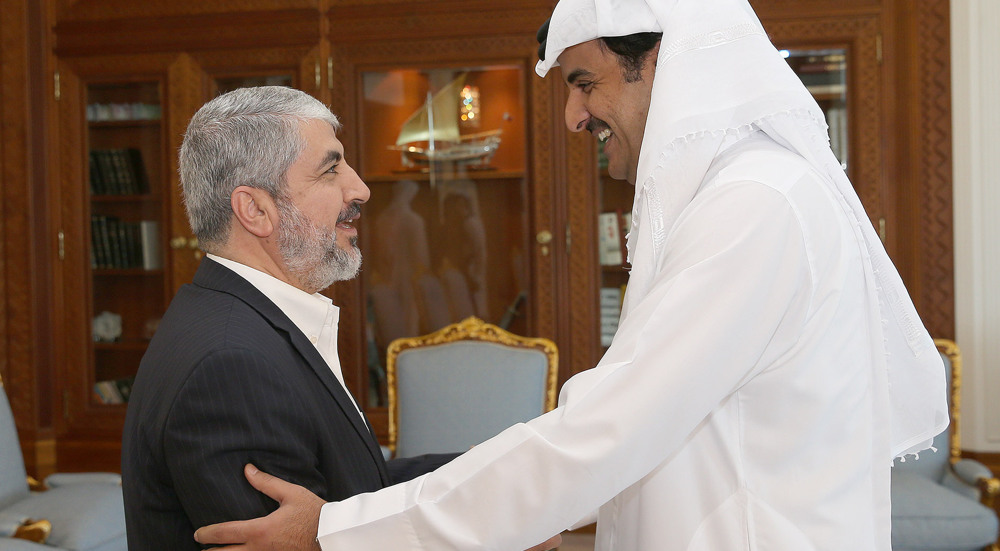
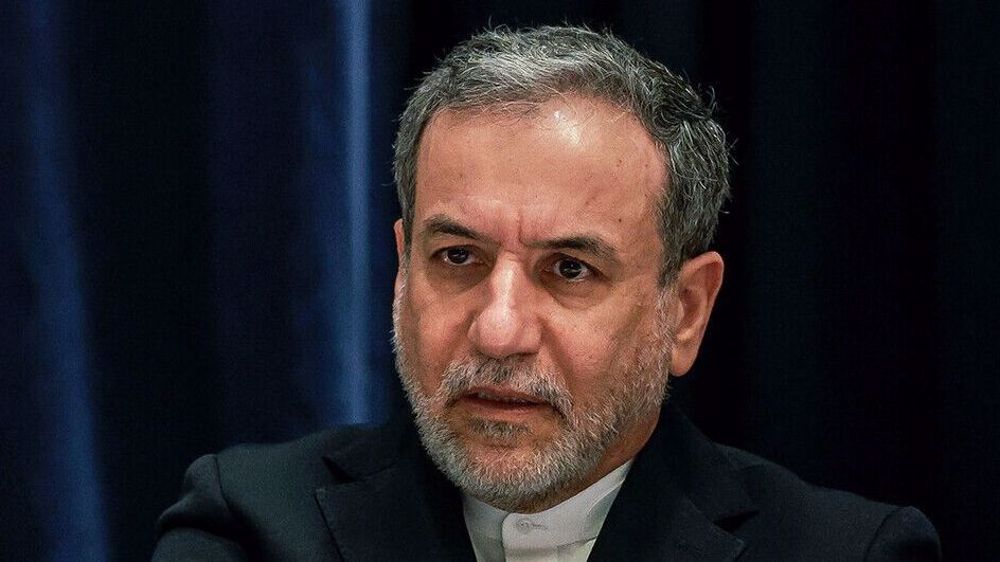



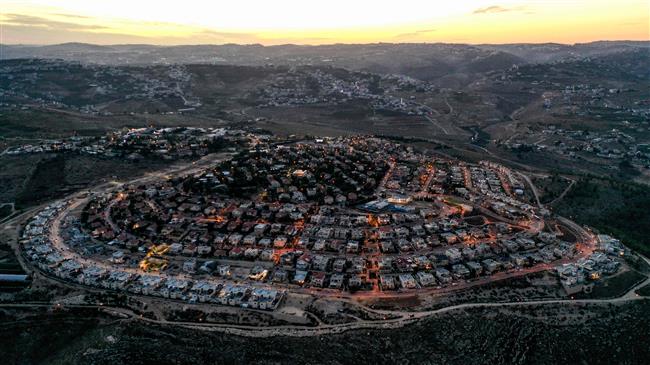
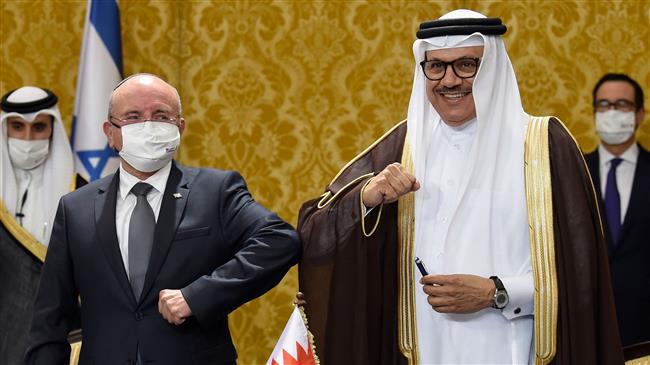

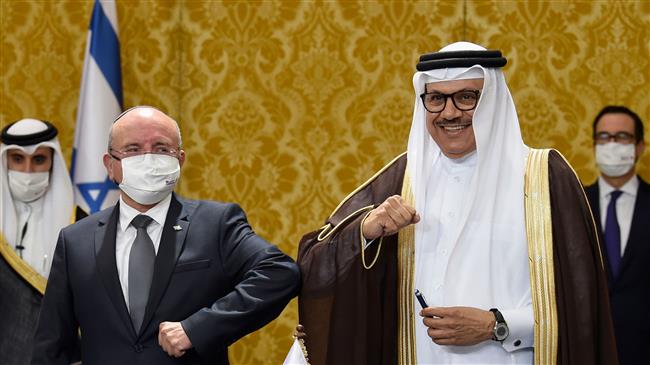
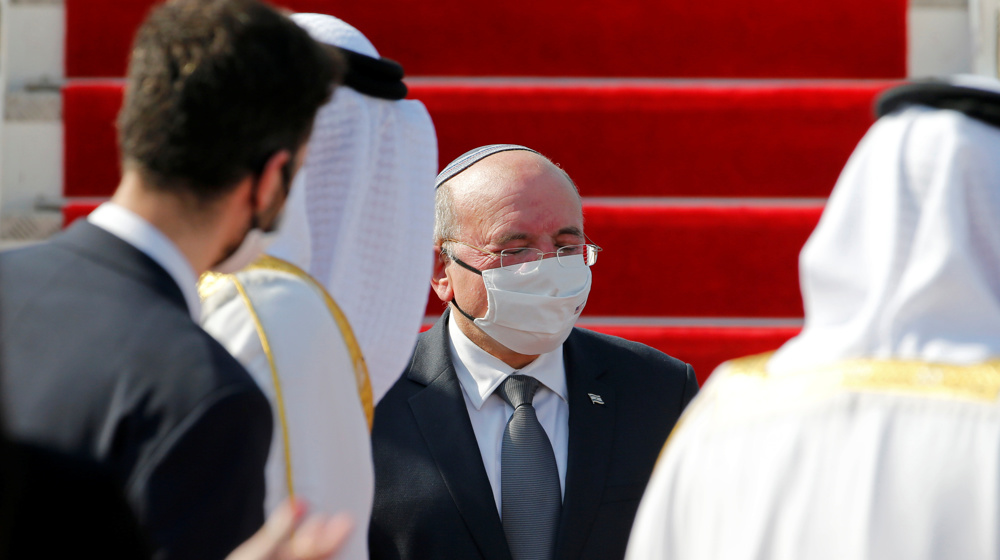
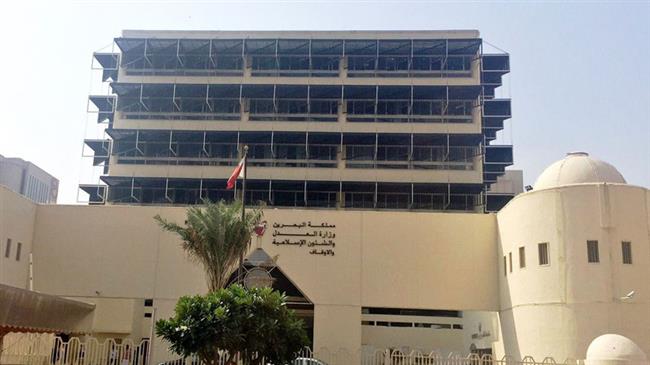
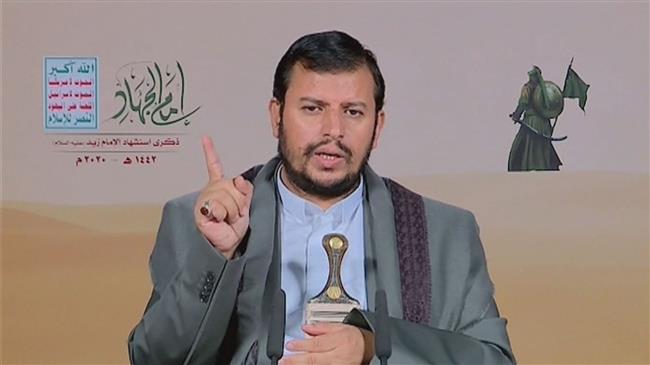
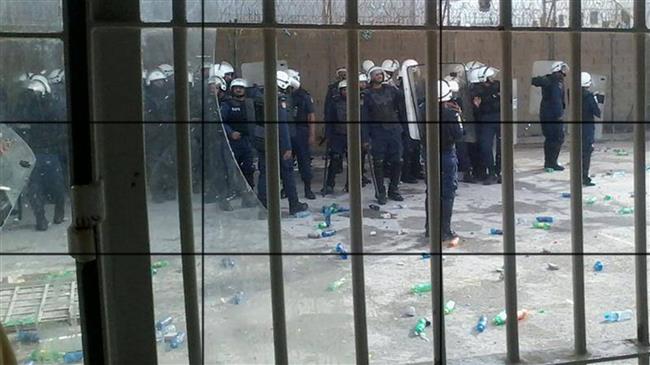

 This makes it easy to access the Press TV website
This makes it easy to access the Press TV website